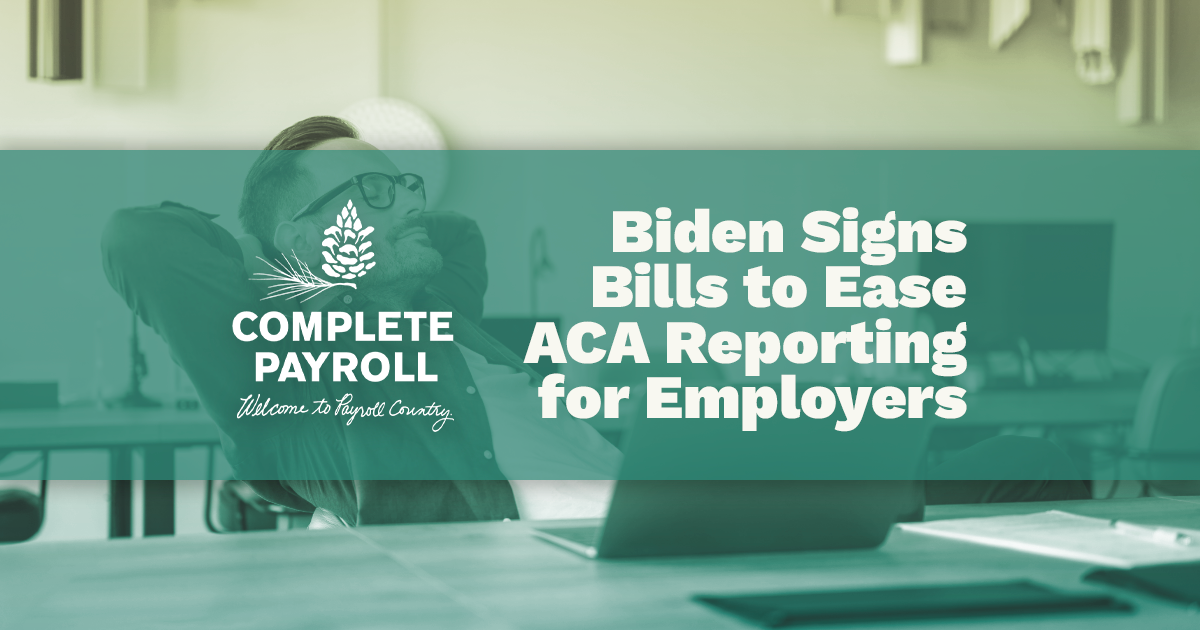National Labor Relations Act (NLRA)
Overview of Law
Congress enacted the National Labor Relations Act (NLRA) in 1935 to protect the rights of employees and employers, to encourage collective bargaining, and to curtail certain private-sector labor and management practices, which can harm the general welfare of workers, businesses, and the U.S. economy. This information focuses on the important non-union aspects of the Act.
Although a good portion of the NLRA deals with unionization, Section 7 provides protections for all non-supervisory employees, even those not involved with a union. Specifically, Section 7 defines and protects concerted activity by employees. Generally, protected concerted activity takes place when employees act as a group (i.e., in concert) for their mutual aid or protection. That said, it's fairly easy for an individual employee to gain protection under the Act if they are discussing the terms and conditions of their employment either physically around co-workers or managers, or in the same virtual space as co-workers or managers. The terms and conditions of one's employment are just as broad as they sound; they include pay, benefits, treatment by management, dress codes, workplace policies, scheduling, and more.
Examples of Protected Concerted Activity
- Employees discussing how much they are paid.
- Individual employee complaints regarding wages or employment conditions, as long as they reflect general workforce discontent or are attempting to elicit the support of co-workers to correct a problem;
- Employees discussing poor working conditions or how to improve them with other employees;
- Complaining to supervisors about working conditions or wages (in theory this requires that the employee indicate that the complaints have been discussed with co-workers who share the same feelings, but we would not suggest taking adverse action against an employee who complained but did not indicate this);
- Employees pursuing unemployment or Workers’ Compensation claims, claims with the EEOC, or other employment-related claims with the government, including claims with the NLRB
An employer may not impose a no-talking or no-fraternization rule on its employees unless the rule expressly provides that it does not apply during breaks, lunchtime, or before or after work. An employer must permit its employees free discussion during non-work time. Supervisors, however, may be instructed not to fraternize with non-supervisory members of the workforce;
The NLRA and Social Media
The NLRA’s safeguards for protected concerted activity apply not only to face-to-face conversations and handwritten correspondence, but also to electronic communication between employees, including emails, texts, blogs, and social media postings. Employers should therefore be extremely cautious when considering disciplining an employee for communicating electronically with other employees about work issues. The National Labor Relations Board, which is in charge of enforcing the NLRA, has determined that many common company policies intrude on employee Section 7 rights when applied too broadly.
For instance, an employer might have a policy that says "Employees may not make disparaging remarks about Company X in any public place." If an employee commented on their Facebook wall that the company paid its employees less than it should and didn't provide long enough lunch breaks, and another co-worker liked that post. while this might be disparaging in the eyes of the employer it would absolutely be protected concerted activity. Taking adverse action against that employee because they violated the policy would be a very bad idea. On the other hand, if the employee posted that all the managers of Company X were gambling addicts, or that the products produced there were inferior to those of a competitor, that would almost certainly not be protected concerted activity, as it has nothing to do with the employee's terms and conditions of employment.
The policy available in the Policy Library is compliant with the NLRA and NLRB rulings, but employers should always be careful when considering punishing an employee for complaining about work, regardless of where or how they went about it. Adverse action in these circumstances should always be considered on a case-by-case basis with Section 7 protections in mind.
Got a labor law question?
Our team helps employers with labor law compliance every day. Complete the form below to ask a question or request some help.
General Disclaimer
The materials and information available at this website and included in this blog are for informational purposes only, are not intended for the purpose of providing legal advice, and may not be relied upon as legal advice. The employees of Complete Payroll are not


















